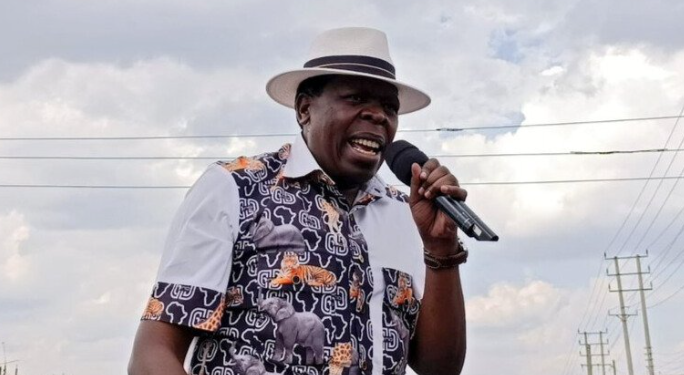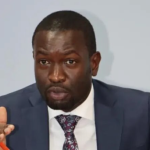Democratic Action Party of Kenya (DAP-K) leader Eugene Wamalwa has urged the government to declare mental health a national disaster, emphasizing the urgent need for increased resources and attention to address the mental health crisis affecting various segments of the population. Speaking at the launch of the mental health app Ajala at Thalia Psychotherapy’s offices, Wamalwa highlighted that mental health issues are widespread and largely ignored by policymakers.
“Currently, mental health is sidelined by policymakers, who fail to recognize that we are a sick nation,” he stated. He pointed out that individuals from diverse backgrounds—such as bodaboda operators, market vendors, military personnel, and teachers—are struggling with mental health challenges exacerbated by financial pressures.
Wamalwa called on county governments to collaborate with private partners in the mental health sector. “We hope that the Council of Governors will engage with new partners like Ajala, which uses AI and innovative solutions to address these growing challenges,” the DAP-K leader said.
As the country approaches World Mental Health Day on October 10, Wamalwa noted there is little to celebrate due to the pervasive unhappiness and financial strain affecting many Kenyans. He also stressed the importance of mental health screening for leaders, suggesting that many of the current issues in the country might be linked to the mental well-being of those in power.
“With the national focus on trivial political disputes, we are losing sight of the real struggles faced by everyday Kenyans—issues like unaffordable education costs and rising suicide rates among youth,” he remarked.
During the launch event, mental health survivors shared their experiences, shedding light on the stigma and lack of awareness surrounding mental health issues. John Mwangi, a banker and multiple suicide survivor, spoke candidly about his battle with bipolar disorder. “The stigma surrounding mental health is crippling. When people hear you’re in a mental health facility, they label you as ‘mad,’” he explained. Mwangi recounted how his mental health challenges led to the loss of his family, finances, and health, stressing that access to resources like Ajala could have significantly altered his journey.
Nderitu Gikaara, a recovering alcoholic and addiction counselor, also shared his personal experience, contributing to the important dialogue on mental health awareness and support.
“After 25 years of addiction, I found sobriety in prison, where alcohol was inaccessible. I struggled with PTSD and ADHD but had no one to talk to,” he said, illustrating the need for better support systems for those facing mental health challenges.
Mercy Mwende, Co-founder and Chief Operations Officer of Thalia Psychotherapy and the Ajala app, encouraged individuals to speak openly about their mental health.
“Ajala offers a platform for anonymous support. With the tagline ‘fungua roho bila judgment,’ we invite people to dial *702*34# to connect with someone who will listen,” she said.
As the nation prepares for World Mental Health Day, Mwende stressed the importance of normalizing discussions about mental health.
“Let’s make it a habit to check in on each other’s mental well-being, even in casual conversations,” she urged.



